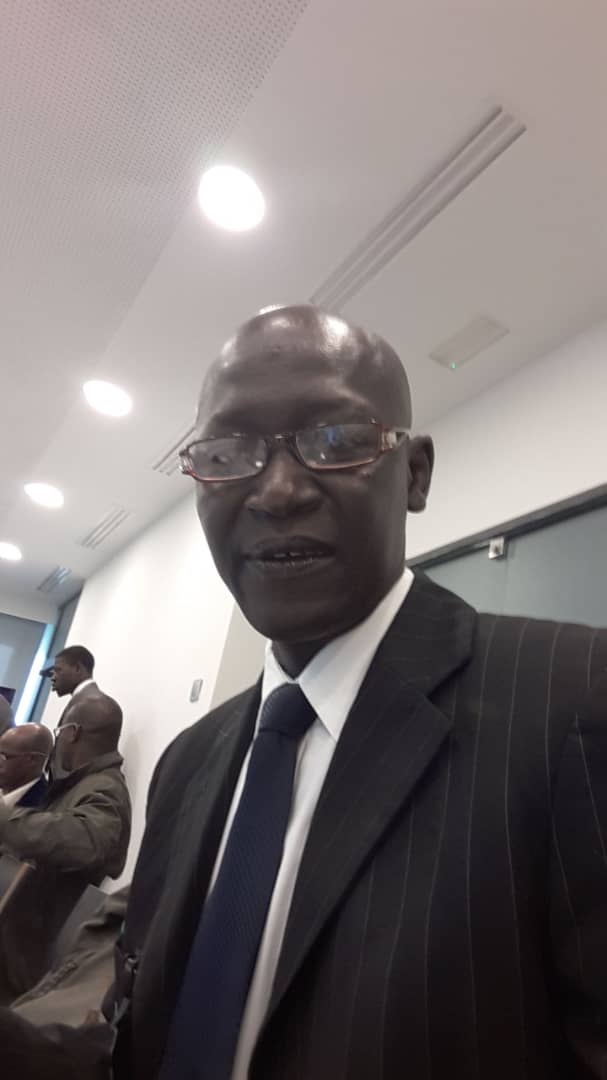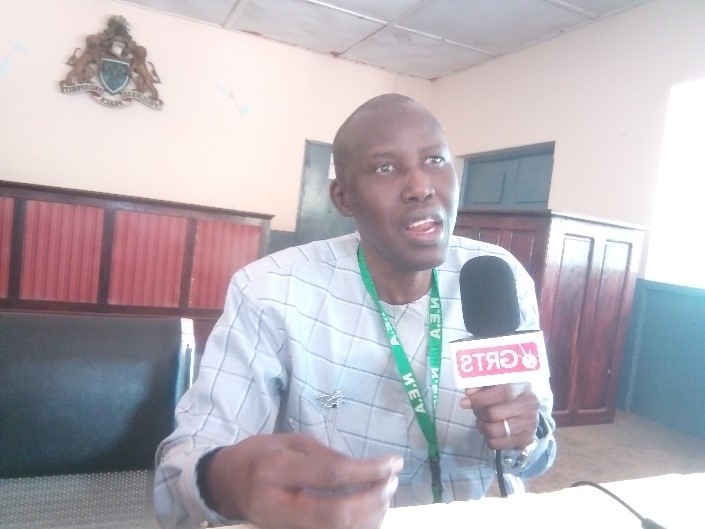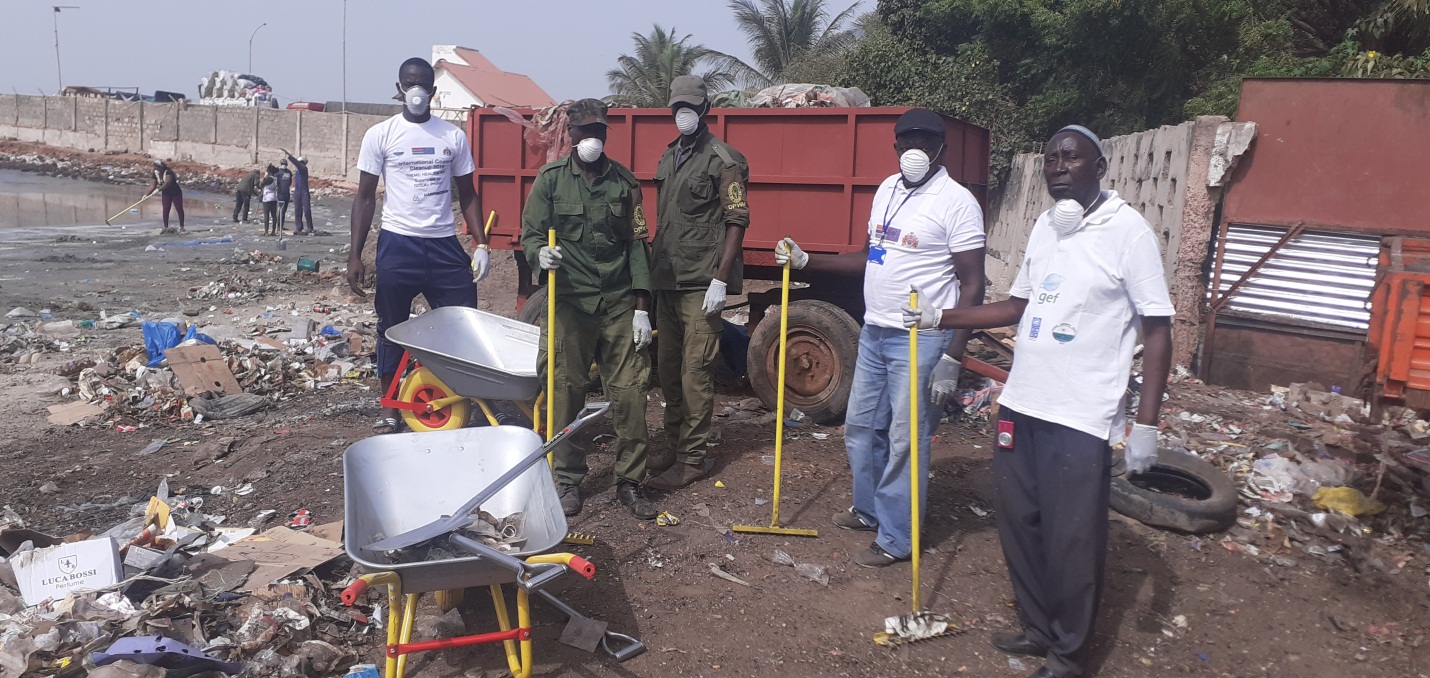With Mariama Njie
No Environment, No Life
The importation and uses of plastic bags in The Gambia was officially banned by the government of The Gambia on 1st July, 2015 through a press release issued in the month of April 2015 which brought the importation and use of it to a halt for period of about twenty-one months. Though, importation and uses of plastic bags later resurfacing in the market around March 2017 with full force that even users will tell you that it is banned but not totally eradicated from market.
Reasons for imposing the ban according to the press release is that it “poses a serious existentialist threat to the fragile ecosystem of the country and presents an unwarranted environmental eyesore and that plastic bags are also responsible for suffocation deaths of sea and land animals, as well as inhibiting soil nutrients.”
Well, it is problem of nobody, which users are not care if plastic is among the problems of the world which “threatening the very existence of mankind more than ever before.”
Whatever, despite the enforcement team of the National Environment Agency continuous strive to eradicate use of it, users continue to neglect the campaign and still challenging the enforcement team on why plastic bags should ban in the country.
However, an exclusive interview with an environmental quality expert stated that plastics are banned due to its health and environmental implication.
Buba Sey, Program Officer Environmental Quality at National Environmental Agency disclosed that single use plastics were not banned for the sake of banning them but there were lot of researches conducted worldwide. And it has implication on environment and human health.
According to him the government of the Gambia joined the list of countries that ban plastics bags in 1st July 2015 and the banned prohibits the import, manufacture, sales and use of plastic bags in the country.
Among the facts on the ban of plastic bags in The Gambia, he explained that plastic bags are using widely for packaging range of consumer goods and it is estimated that between 500 billion and 1 trillion plastics bags are use globally each year.
The problems are particularly acute in Africa due to its unique set of socio-economic conditions as a result many countries are taking action against the use of it.
Mr Sey expatiated on it that in the marine ecosystem when plastic finds way to water bodies it causes death of juvenile fish and other marine species by entanglement. On land they destroy soil structure by reducing aeration and root penetration and on livestock they cause lot of death when swallow which causes huge economic lost to farmers.
“It takes ages for plastic bags to decade so those are the processes that were studied. And then seeing the impact it has, we deemed it necessary to search for solutions that is to go in for the alternatives (Paper Bag) that are easy to decompose,” he explained.
In his further explanation, “The implications of plastics is huge this is why the National Environmental Agency thought it would be better if we go in for an environmentally friendly products which is the paper bag and other alternatives.”
When the plastic bags ban came to effect, there were lots of sensitizations done to make people aware that the single use plastic bags is ban because of its health implications and environmental implication. Based on this the agency also worked hand in glove with the alternative product providers to make them available in the markets.
Why it is very difficult to eradicate it in the country, Mr Sey pointed out that out attitudinal change is needed as they already conducted series of sensitizations, people been prosecuted for breaking the rule yet some are still using it.
“All these are challenges, because people are not coming together or not complying with the banned order. Enforcement alone is not enough and therefore we called on government to give them political support to raise our voice against the use of single use plastic bags,” Mr Sey said.
To make sure that people comply with the ban order 2015, the National Environment Agency as an institution will continue to conduct regular sensitization together with enforcement team.
According to the ban order 2015 on plastic bags, it states that the ban on plastic exempted plastic packaging material for necessary use like packaging material for clinical use in health, packaging material for imported goods as outfits, equipment and furniture that are wrapped in plastic material for scuff protection.
And also, plastic materials for agricultural use, thick use material in building construction and plastic for sealing currencies.
Quoting from the Ban on plastic bags Order, 2015 says “An importer of packaging materials for exceptional use is responsible to return the waste to its source of origin at his own cost.”
“A manufacturer or an importer to a term of imprisonment of not less than six months but not more than twelve months or a fine not less than two hundred thousand dalasi but not more than five hundred thousand dalasi or both the fine and imprisonment.”





